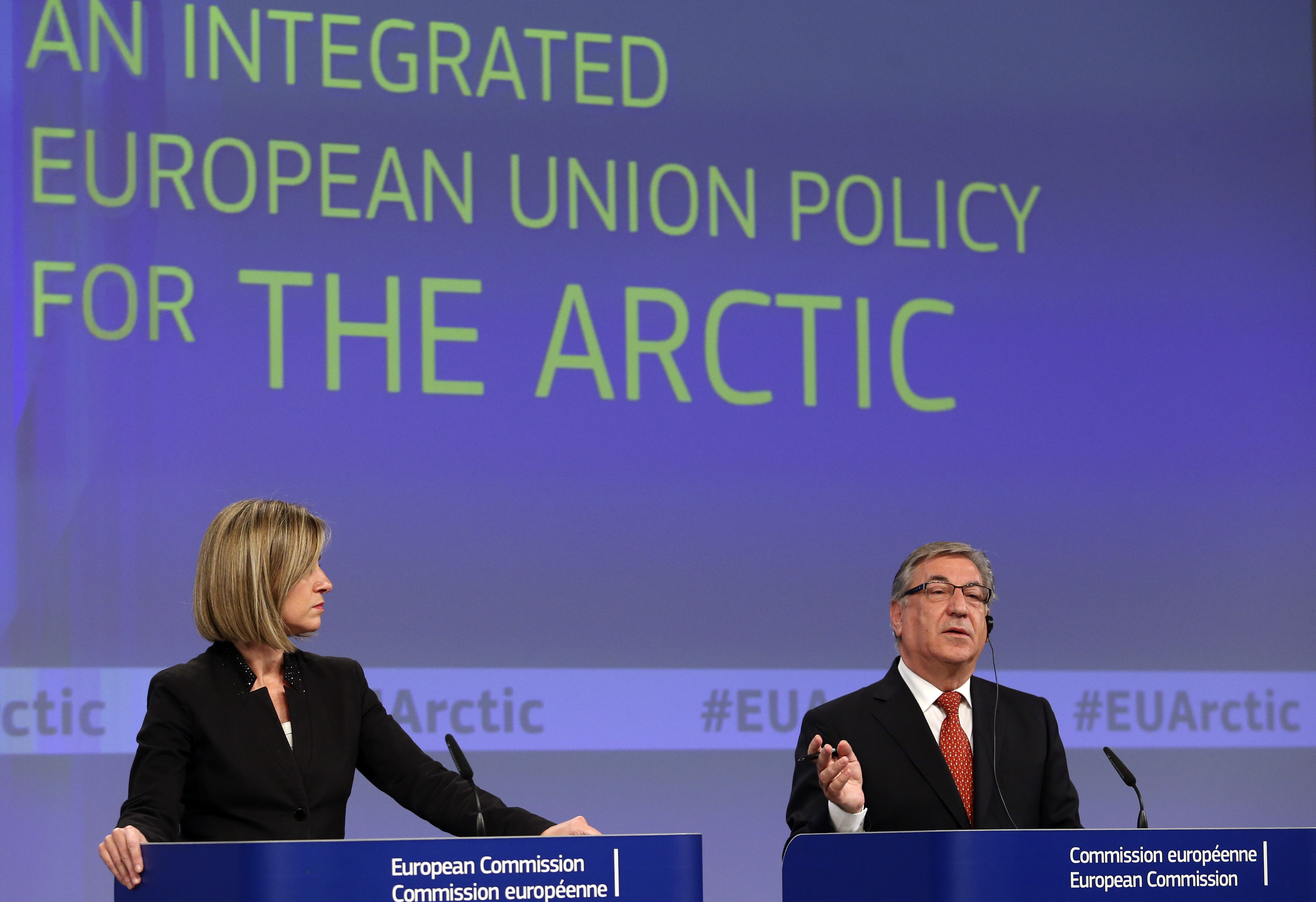EU funding is key to unlocking the Arctic’s economic potential, say the region’s representatives
Better digital and transport infrastructure, as well as help diversifying northern economies are top priorities for the European Arctic, representatives from the region told Brussels.

Extending and improving digital infrastructure should be the main priority for European Union spending in the Arctic, agree political, civic and commercial representatives from parts of the region that take part in Brussels-sponsored programs.
EU help in improving transport connections and diversifying northern economies away from primary production into activities like tourism and renewable energy are also high priorities, said regional representatives taking part in the European Commission’s Arctic Stakeholders Forum.
All three areas were described by participants as vital to the development of competitive businesses that will drive for sustainable economic and social development in the region.
[The EU’s relationship with the Arctic gets more complex]
The EU, according to the final report of the Arctic Stakeholder Forum process, which was released Friday, also plays a role in how the region can react to changes resulting from a warming climate.
According to the European Commission, which is the European Union’s executive branch, the union’s 2014-2020 budget sets aside €1.5 billion ($1.84 billion) for spending on Arctic programs.
In addition to calling on the EU to concentrate this funding on development opportunities, participants said programs should promote more regional and international collaboration in the Arctic. They also urged Brussels to involve residents when developing programs to ensure that they did not run counter to local and indigenous interests.
Spent properly, EU funding has the potential to help the Arctic overcome natural constraints such as remoteness, distance from markets and harsh environmental conditions, the report finds.
[Week Ahead: The Arctic with European characteristics]
The commission is in the final phases of drawing up its next multi-year budget. Karmenu Vella, the European commissioner for maritime affairs, whose department organized the Arctic Stakeholders Forum, expected report’s findings would be used as to direct how money is spent in the region in the years to come.
“The EU will continue to support the sustainable development of the Arctic. In so doing we need to find the right balance between increasing the Arctic’s economic potential, safeguarding its fragile environment and respecting local and indigenous people’s rights. This report will help us with that exercise.”
The temporary Arctic Stakeholder Forum was set up in 2016 in connection with the most recent update of the European Commission’s Arctic policy. Its participants hail from EU members Sweden and Finland; Greenland and the Faroe Islands, both members of the Kingdom of Denmark; Norway and Iceland. Also included were representatives from the Saami Council.
This spring, members of the public and private sectors, academia and civic groups from the areas involved were asked to provide Brussels with their opinions about where it should be placing its money, and how best to organize funding programs.
Aside from digital infrastructure, transport and business development other priorities included research and innovation, environment, energy, tourism, culture, healthcare and social services, skills and education, and urban development.
Participants also said the more information about funding opportunities was needed, as was an easier application process.